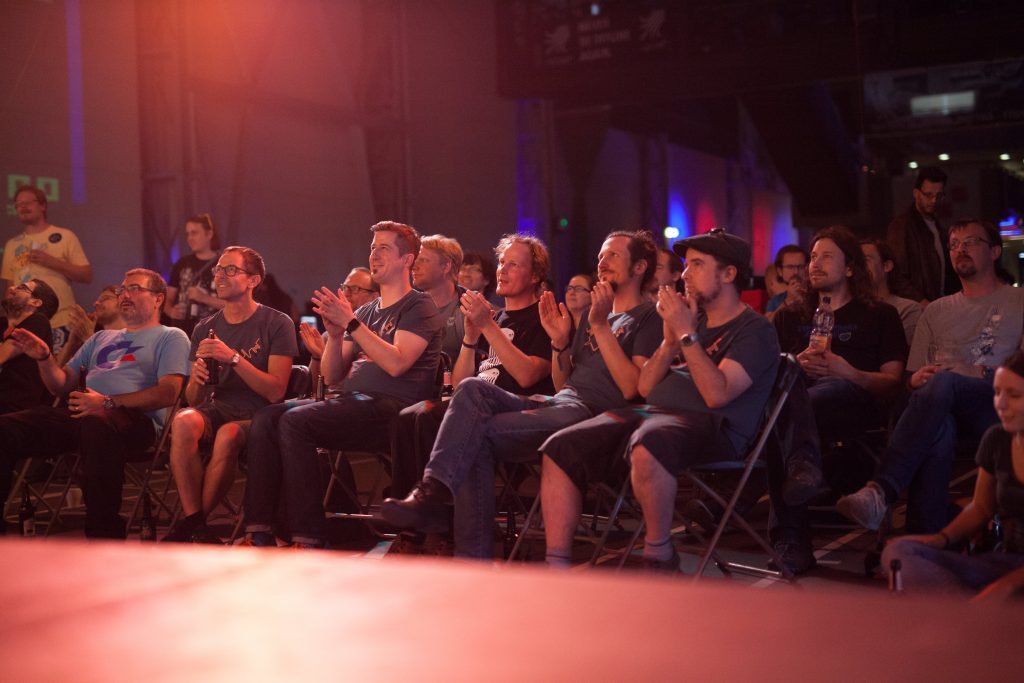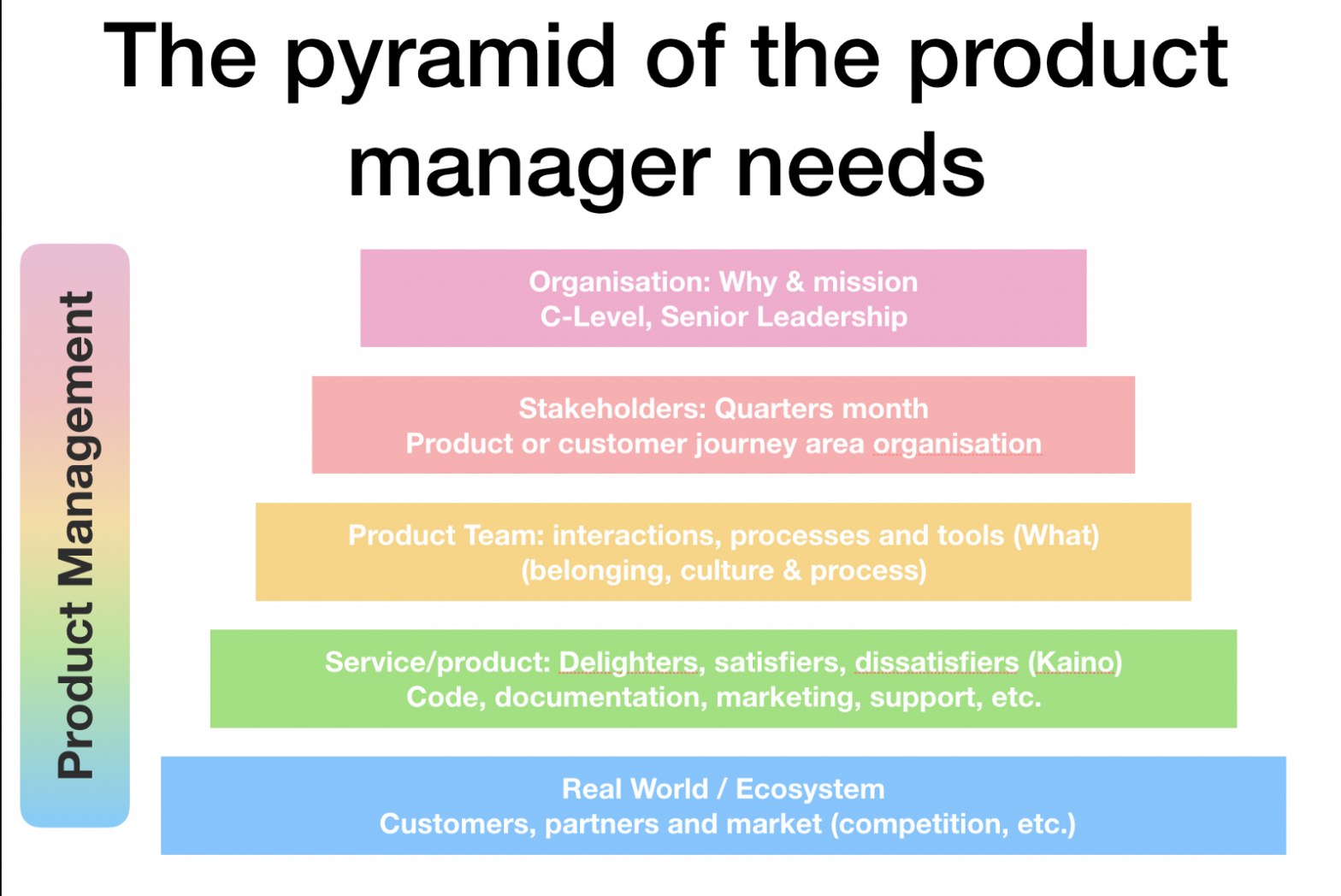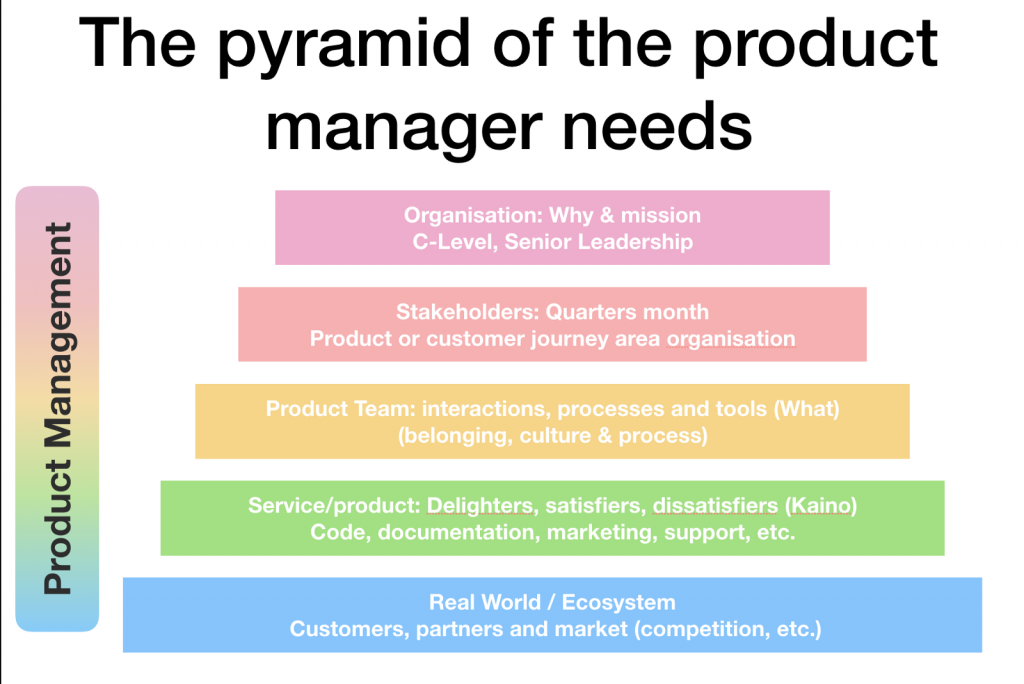Having been part of the demo-scene for many years myself, this is – at least to me – big news. Starting with the arrival of computers and first commercial software, crackers started copying others intellectual property and made an effort overcoming copy protection. Groups formed to not only solve the technical difficulty to ‘crack’ these systems, but also distribute the results. Soon, pretty presentations were included with these files, to advertise the group that managed to overcome copy protection. Shortly after, these presentations turned into their own discipline, giving programmers, music- and graphic artists an opportunity to compete in artistic demos.
The first demos I remember include 42 by halcyon, 4 kings by orange or daze by urinate. Given the first exposure to the hardwares limits, these were fascinating productions that never failed to amaze me. A close friend from the mailbox scene pointed me to the immortal ‘Second Reality‘ by Future Crew, that finally blew my mind.

Among my peers, this demo was the starting point for many people that I spent a lot of time with and some of whom I am still proud to call my friends. The years following I had the opportunity to not only attend many demo parties but actively contribute my own work to competitions and learn fundamental technology from idols I was lucky to meet at these events.
Now recently, Andreas Lange & Tobias Kopka have started an initiative to bring the demoscene onto the list of the UNESCO intangible world cultural heritage. The initiative advocates the mindset and innovation this scene has developed, contributing technology to culture and leveraging technology to create art. It will likely take a long time to proof this influence and all that I have seen in the past twenty years is well worth bringing this scenes achievements to a broader audience.



